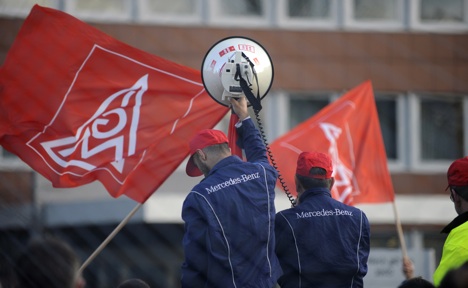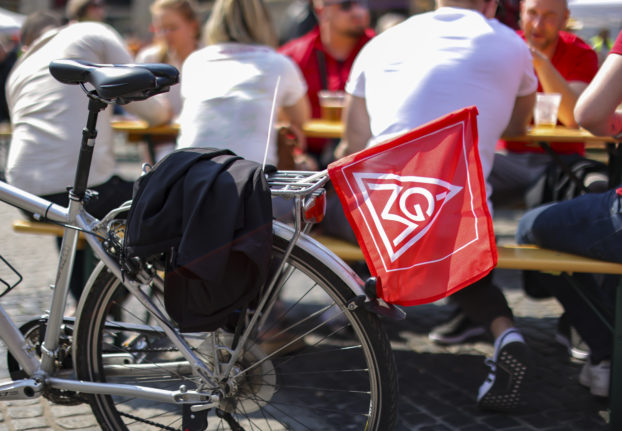“The auto industry needed us to survive the crisis, now the whole burden of the increased turnover is being put on the workers again,” IG Metall official Frank Iwer told the industry weekly Automobilwoche. “We have to be more confrontational.” According to the magazine, the union intends to draw up a new concept by the autumn.
IG Metall believes that the relationship between workers and management was severely threatened during the financial crisis, because many companies used last year’s lagging demand to re-organize production.
“The workforce cannot subsidize the company permanently,” Iwer said. “If the recovery continues at this rate, then we will have to think about making follow-up demands.”
Thanks to higher demand from China and the US, car production in Germany rose by 26 percent in the first five months of this year, according to figures recently released by the German Automobile Industry Association (VDA).
Since this upswing took many companies by surprise, reduced-hours workers are being put onto full-time shifts at short notice.



 Please whitelist us to continue reading.
Please whitelist us to continue reading.
Member comments